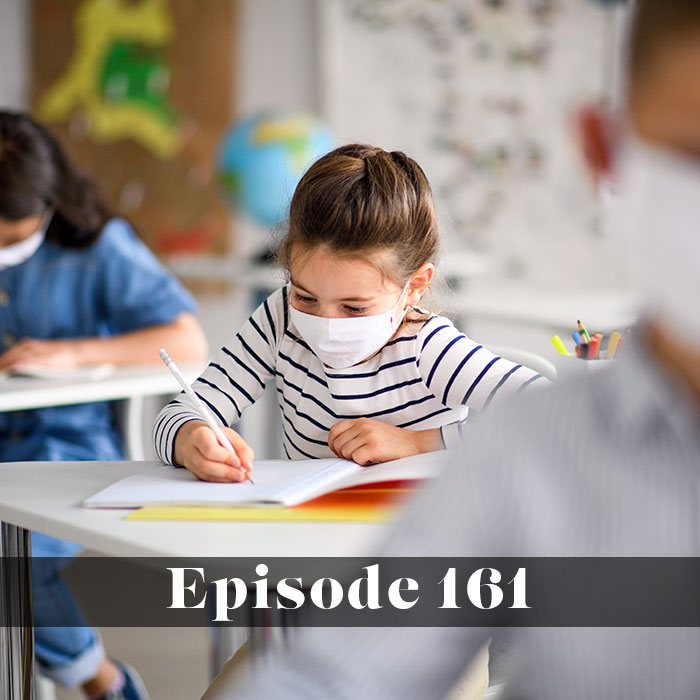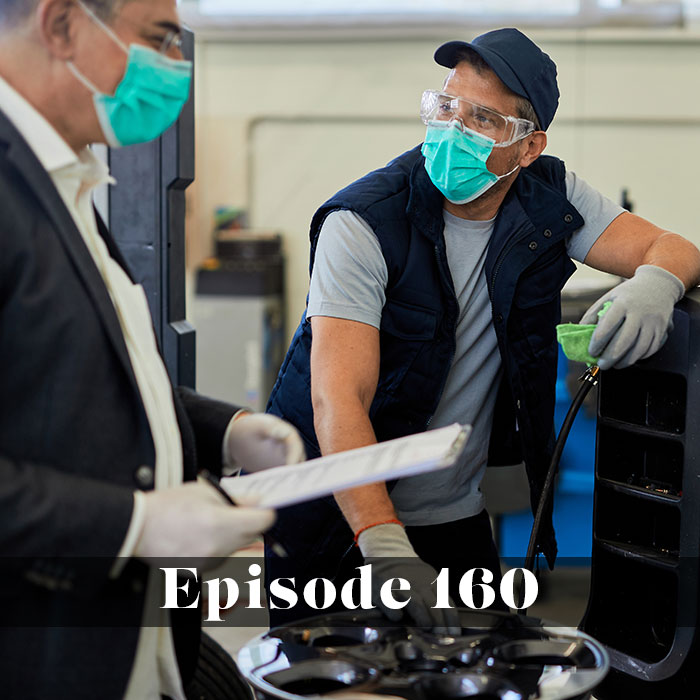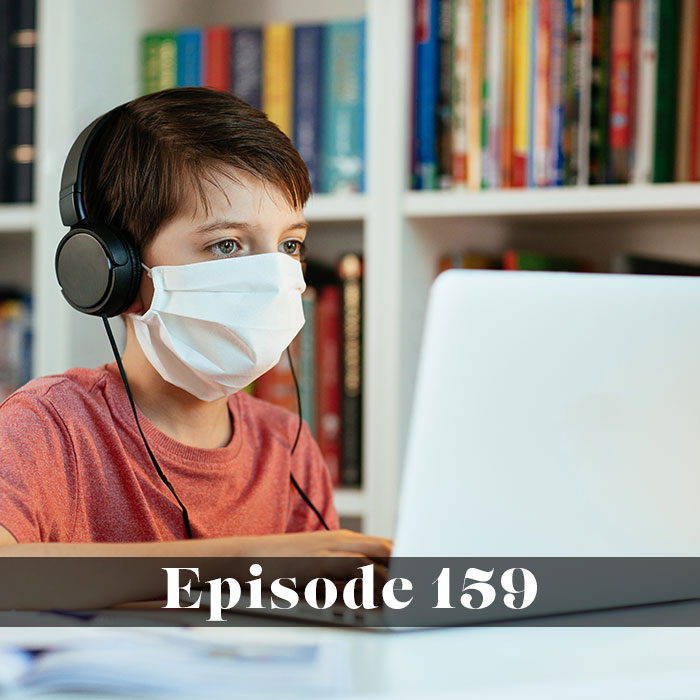In this episode, Diane Egbers from LEI Consulting joins host Carole Dorn-Bell to talk about the ways leaders can nurture leadership talent.
Diane says leadership development requires a certain level of investment by superintendents because, in order to have transformational results, there needs to be a commitment of time and resources. It is critical to nurture leadership talent effectively to have momentum at both the team and individual levels.
“It is the one-to-one coaching that really makes a difference,” Diane says. “So every leader gets the benefit of intensive work individually. How am I contributing to the larger team? Where is my growth needed, for myself, as a leader? And then, how am I leading my own team?”
Superintendents that invest in their leadership team in this way will see results, as individuals understand their productivity and effectiveness makes for a stronger group. Teams are considered 80% more effective when they have a collective vision. Diane notes that no two teams are the same.
“We have a process that includes interviews with a certain number of folks,” she says. “We have focus groups. We ask questions that are really to reveal uniquely where this team is.”
There are creative strategies used to make people feel comfortable and provide strong feedback. Diane says focus groups are broken up into trios to socialize what individuals are thinking, so no one has to give feedback alone.
“We only can progress if we know where we are to start with,” she says. “We facilitate an environment where people feel comfortable stating what’s needed. It starts with a foundation of trust.”
Diane says the timeline to nurture leadership talent varies by team, and that some districts will revisit the process over the course of several years.
With everyone on board, the collective team really gravitates toward what Diane calls a leadership community, in which people enjoy being around each other and are proud to be working in a high-performing environment.
“If every building leader is feeling competent and positive, and that they’re engaged and feel a part of something larger and that the work they’re doing is important, they bring that sense of positive optimism to their building,” Diane says. “And that’s what we need for teachers, and that’s what we need in the classroom.”
Got a question or topic you’d like covered in an upcoming We Love Schools podcast? Email us at info@weloveschoolspodcast.com
First time listening to We Love Schools? Learn more about our weekly podcast.
Interested in learning more about how the Allerton Hill Communications team can help your school with communications? Contact us today.






